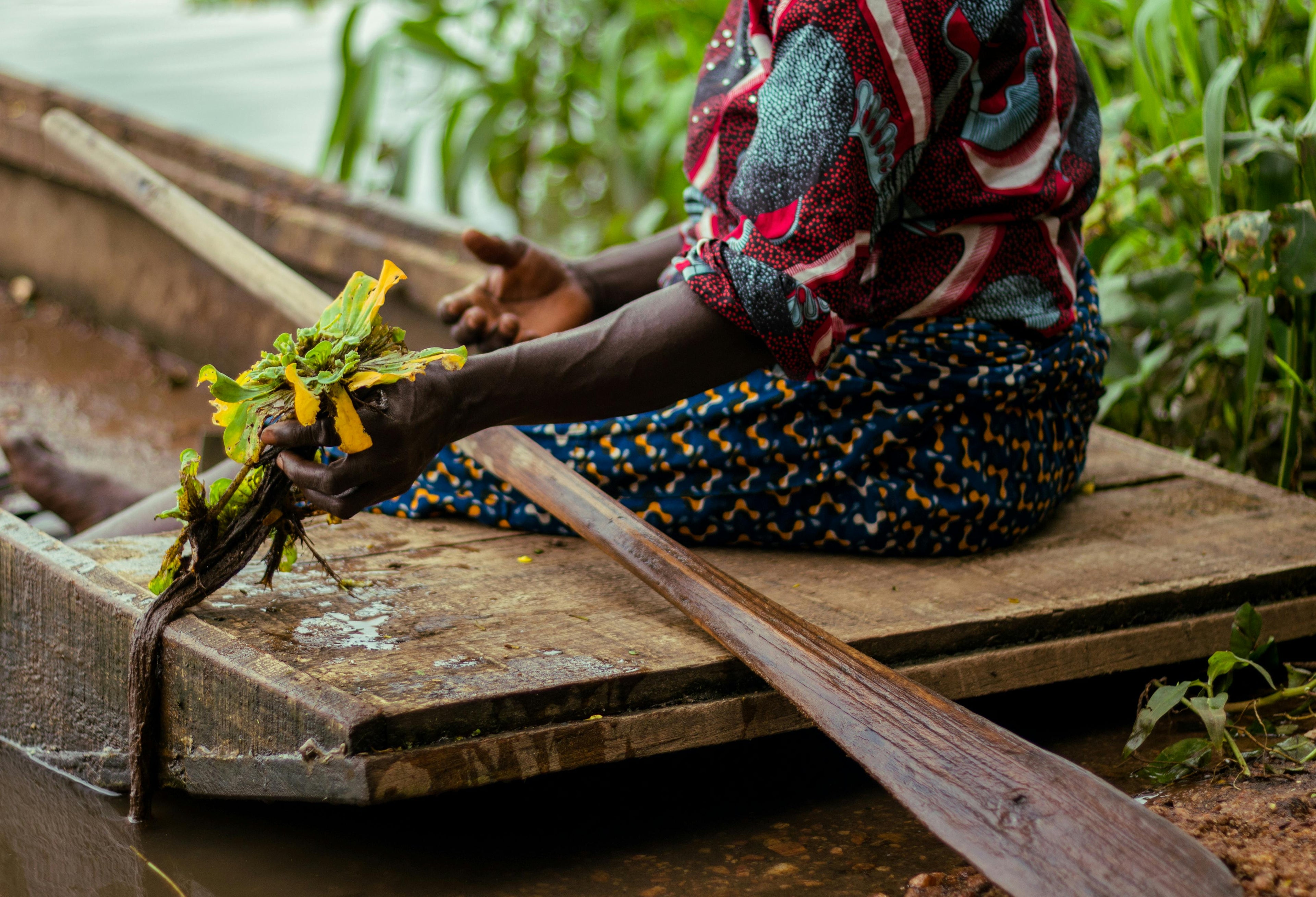𝐓𝐨𝐩 𝟏𝟓 𝐀𝐠𝐫𝐢𝐜𝐮𝐥𝐭𝐮𝐫𝐞 𝐈𝐧𝐯𝐞𝐬𝐭𝐨𝐫𝐬 𝐢𝐧 𝐀𝐟𝐫𝐢𝐜𝐚 (2025)
African agriculture is one of the fastest-growing and most promising sectors in the world. With 65% of the world’s uncultivated arable land and a population projected to double by 2050, the continent offers unmatched opportunities for agribusiness and sustainable farming investments.
From smallholder farmers to large-scale agribusiness ventures, agriculture investors in Africa are transforming food systems, creating jobs, and driving climate-smart solutions. In 2025, strategic investments are flowing into sub-sectors like agribusiness value chains, aquaculture, irrigation, food processing, and agtech innovation.
This guide highlights the Top 15 Agriculture Investors in Africa in 2025—organizations, funds, and networks shaping the continent’s future of food security and economic growth.
Why Invest in African Agriculture?
- 🌍 65% of the world’s unused arable land is in Africa.
- 👩🌾 Agriculture employs over 50% of Africans and contributes up to 25% of GDP in several countries.
- 💰 The financing gap is between $200 billion and $1.3 trillion, creating vast opportunities for private investors.
- 🌱 Climate-smart agriculture is critical both for food security and combating climate change.
- 📈 Africa’s agribusiness market is projected to reach $1 trillion by 2030.
Investing in African agriculture means high-yield financial returns while contributing to sustainability, employment, and climate resilience.
Top 15 Agriculture Investors in Africa in 2025
1. Africa Agriculture and Trade Investment Fund (AATIF)
- Focus: Smallholder farmers, local value chains.
- Impact: Reached 380,000+ farmers and created 32,000 jobs by 2024.
- Backed by: German government, KfW, ILO, UNEP.
- Known as a pioneer in blended finance, balancing social, environmental, and financial impact.
2. African Development Bank (AfDB)
- Initiative: “Feed Africa: Strategy for Agricultural Transformation”.
- Investment: Billions committed to irrigation, mechanization, and agribusiness clusters.
- Impact: Leading lender in sustainable agriculture and rural infrastructure.
3. International Fund for Agricultural Development (IFAD)
- Mandate: Inclusive rural transformation.
- Projects: Financing farmer cooperatives, empowering women and youth in agribusiness.
- Partnering with African governments for food system resilience.
4. AGRA – Alliance for a Green Revolution in Africa
- Backers: Gates Foundation, Rockefeller Foundation.
- Focus: Soil health, improved seeds, smallholder training.
- Reach: Millions of farmers across 11+ countries.
5. World Bank Group – Agriculture Finance
- Role: Largest multilateral lender.
- Focus: Climate finance, irrigation systems, sustainable inputs.
- Impact: Strengthening food systems in sub-Saharan Africa.
6. Norfund (Norwegian Investment Fund)
- Sectors: Agribusiness, renewable energy for agriculture.
- Focus: Long-term capital with sustainability standards.
- Geography: East and Southern Africa.
7. CDC Group (British International Investment)
- Focus: Agribusiness SMEs, scalable food enterprises.
- Impact: Jobs and trade in fragile African markets.
- Regions: Pan-African reach.
8. Proparco (France)
- Backers: French Development Agency (AFD).
- Focus: SMEs in agribusiness, climate resilience, sustainable supply chains.
9. Heirs Holdings Agriculture (Nigeria)
- Led by: Tony Elumelu.
- Focus: Commercial-scale farming, agro-processing, youth inclusion.
- Impact: Driving West Africa’s agribusiness transformation.
10. Oikocredit International
- Type: Social impact investor.
- Focus: Farmer cooperatives, microfinance, rural SMEs.
- Strength: Financial inclusion in agriculture.
11. Phatisa Food Fund 2
- Type: Private equity fund.
- Focus: Agribusiness value chain (seeds to distribution).
- Impact: Expanding food production and supply networks.
12. Root Capital
- Type: Nonprofit lender.
- Focus: Financing farmer cooperatives and agricultural SMEs.
- Impact: Catalytic loans for organizations excluded from banks.
13. Equity Bank (Kenya)
- Innovation: Agriculture lending products tailored for farmers.
- Impact: Millions in loans disbursed to smallholders.
- Focus: East Africa’s financial inclusion in farming.
14. Sahel Capital (Nigeria)
- Specialization: Agribusiness-focused private equity.
- Investments: Livestock, food processing, mechanization.
- Impact: Driving agricultural modernization.
15. AFSIC – Investing in Africa Network
- Role: Connector of investors and entrepreneurs.
- Impact: One of Africa’s largest investor networks.
- Focus: Not a direct investor, but a gateway to capital for agriculture projects.
Key Agriculture Investment Trends in 2025
-
Climate-Smart Agriculture – Adoption of drought-resistant seeds, regenerative farming, and efficient irrigation.
-
AgriTech and Digital Platforms – Mobile finance, precision agriculture, and AI for yield optimization.
-
Public-Private Partnerships (PPPs) – Blending donor funds with private equity to de-risk agriculture.
-
Regional Trade Integration – AfCFTA opening new opportunities for cross-border agricultural markets.
-
Impact and ESG Investments – Investors demanding measurable outcomes on food security, jobs, and climate resilience.
Frequently Asked Questions (FAQ)
1. Who are the biggest agriculture investors in Africa in 2025?
Major investors include AATIF, AfDB, IFAD, AGRA, and the World Bank Group, alongside private equity funds like Phatisa and Sahel Capital.
2. Why is African agriculture attractive to investors?
Because Africa holds 65% of the world’s unused arable land, has a rapidly growing population, and offers high potential returns in agribusiness.
3. What role does climate finance play in African agriculture?
Climate finance is critical to fund sustainable farming practices that fight climate change while ensuring food security and farmer livelihoods.
4. Which countries in Africa attract the most agriculture investment?
Kenya, Nigeria, Ethiopia, Ghana, and South Africa are top destinations, but emerging opportunities exist in Rwanda, Tanzania, and Côte d’Ivoire.
5. How can entrepreneurs connect with agriculture investors in Africa?
Platforms like AFSIC – Investing in Africa and impact funds such as Root Capital provide pathways for entrepreneurs to access funding.
The top 15 agriculture investors in Africa in 2025 are fueling a transformation that goes beyond farming. They are building resilient food systems, empowering rural communities, and positioning Africa as a global agricultural powerhouse.
For entrepreneurs and investors, now is the moment to engage. By investing in African agriculture, you not only tap into profitable opportunities but also contribute to climate action, food security, and sustainable growth across the continent.





